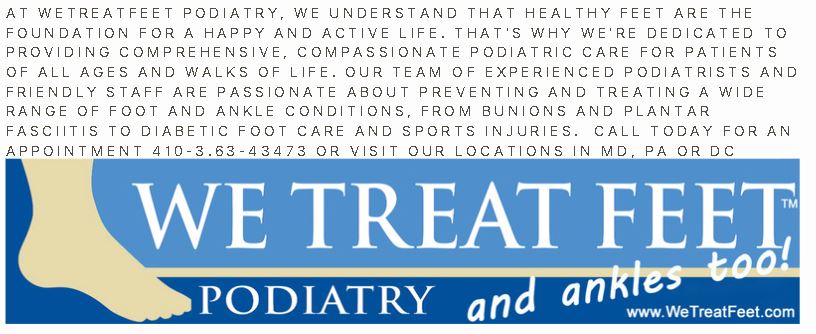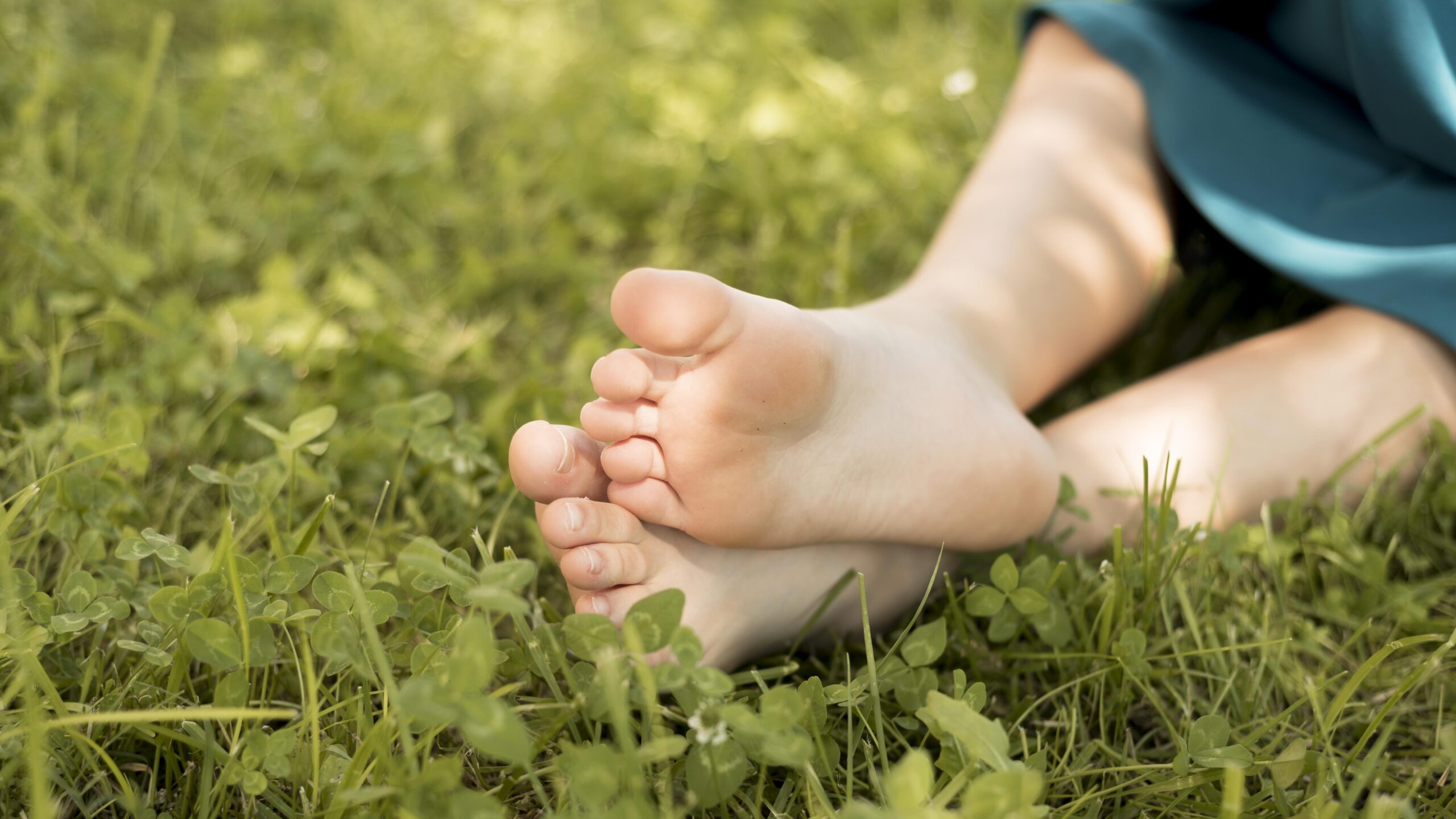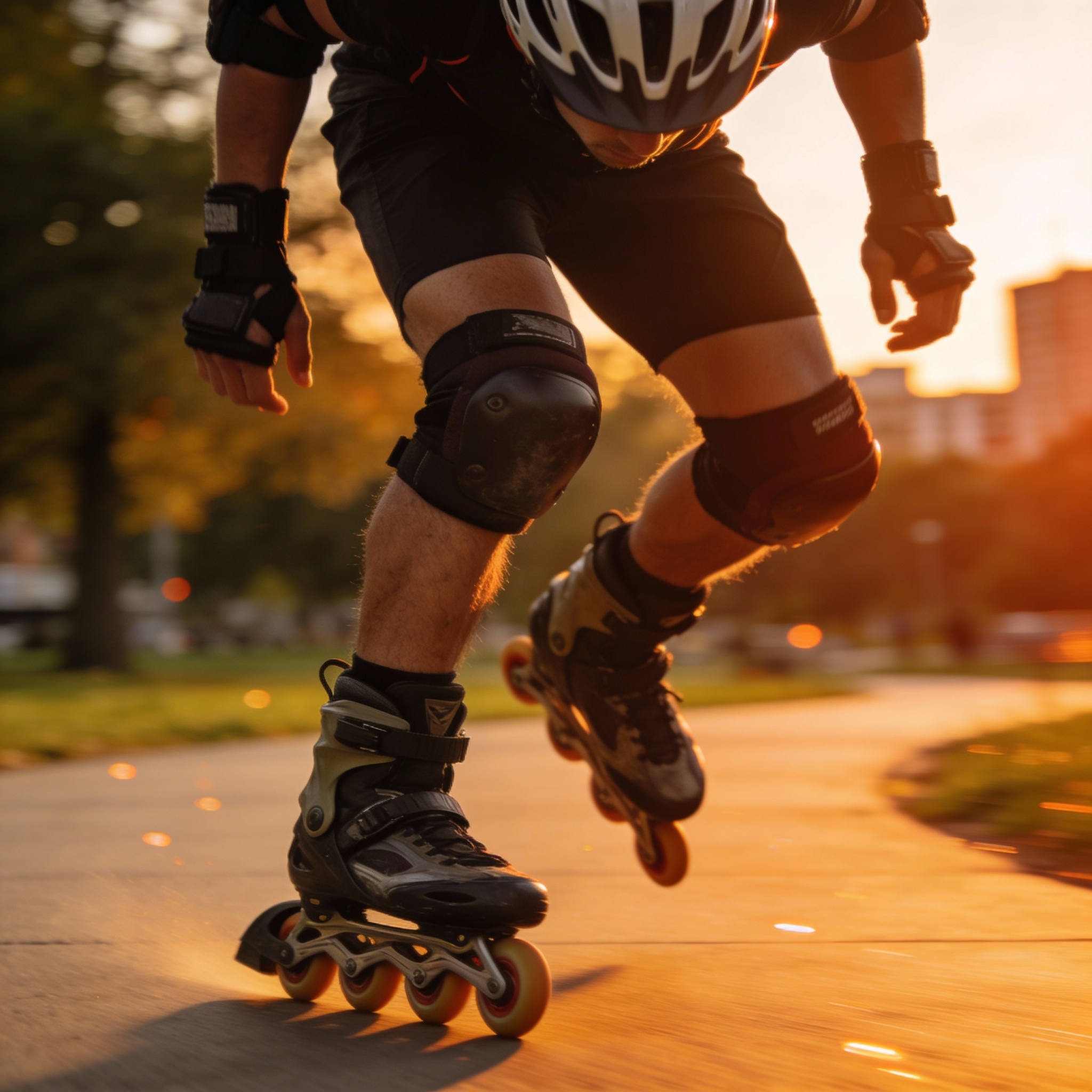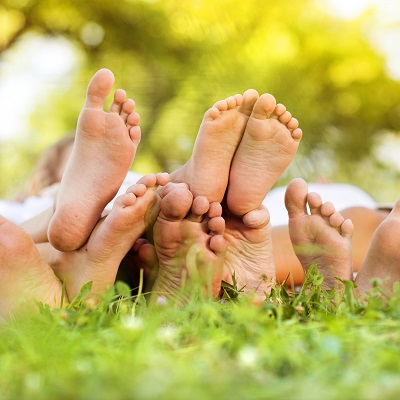
Oxytocin isn’t usually used in the same sentence as Feet!
As podiatrists at WeTreatFeet Podiatry, we are always looking for new and fascinating connections between the feet and overall health. One area that has recently caught my attention is the role of the “love hormone” oxytocin and its impact on foot wellness.
A fascinating new study conducted by researchers at the Clinical Hospital of Chengdu Brain Science Institute in Chengdu, China has shed light on this intriguing relationship. The study, led by Dr. Keith Kendrick and Dr. Weihua, looked at the effects of human-administered foot massages versus machine massages on oxytocin levels and brain activity.
The researchers recruited 40 healthy, heterosexual male university students to participate in the study. Each participant received two massage sessions – one with a human massage therapist and one with a massage machine. Blood samples were taken before and after each massage to measure oxytocin levels, and the participants’ brain activity was monitored using functional magnetic resonance imaging (fMRI).
The results were striking. The human-administered massages resulted in a 51.8% increase in oxytocin levels from baseline, compared to just an 18.2% increase with the machine massages. The fMRI data also showed increased activity in the mediolateral orbitofrontal cortex (mLOFC) and posterior superior temporal sulcus (STS) during the human massages. These brain regions are associated with reward processing and decision-making, indicating that the human touch triggered a more profound neurological response.
Interestingly, there was no significant difference in activity in the somatosensory cortex between the two massage types. This suggests that the physical sensation of the massage was similar, but the human interaction produced a distinct emotional and psychological response.
Even when the participants were blindfolded, they reported a clear preference for the human massages over the machine massages. This highlights the powerful role that oxytocin and social connection play in our perception of physical touch and overall well-being.
Oxytocin And Feet #FootHealth #PodiatryBlog #WeTreatFeet

So, what does this all mean for foot health? As a podiatrist, we are excited (pardon the pun) about the potential implications of this research. Oxytocin, often referred to as the “love hormone,” is known to play a crucial role in social bonding, trust, and emotional regulation. But its connection to foot wellness is particularly intriguing.
Foot massages have long been recognized as an effective way to promote relaxation, improve circulation, and alleviate various foot and ankle conditions. But this new research suggests that the human element of the massage may be just as important as the physical manipulation of the feet.
By triggering the release of oxytocin, human-administered foot massages could have far-reaching effects on overall foot health. Oxytocin has been shown to reduce inflammation, improve wound healing, and even enhance bone metabolism. Maintaining healthy feet is crucial for mobility, balance, and overall physical well-being, so optimizing oxytocin levels could be a game-changer for podiatric care.
At WeTreatFeet Podiatry, we understand the profound impact that the mind-body connection can have on foot health. That’s why we offer a range of personalized treatment options, including hands-on foot massages performed by our highly skilled and empathetic therapists.
Whether you’re struggling with #plantar fasciitis, #bunions, or any other #foot or ankle condition, our team is dedicated to providing the compassionate, human-centered care that can help unlock the power of oxytocin and promote long-term foot wellness. Visit one of our conveniently located offices in #Maryland, #Pennsylvania, or #Washington DC to experience the difference that a caring, human touch can make.
Foot Massage #PlanarFasciitis #BunionTreatment #WeTreatFeet
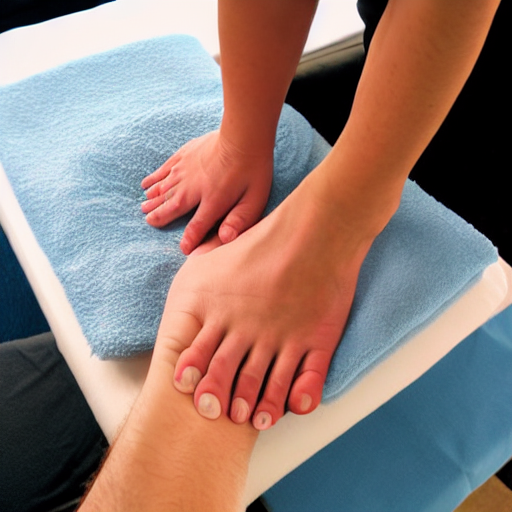
But the benefits of oxytocin and human touch don’t stop at the feet. This powerful hormone has been linked to a wide range of health benefits, from reduced stress and anxiety to improved cardiovascular function and better sleep.
In fact, research has shown that oxytocin can even have a positive impact on conditions like chronic pain, depression, and autism spectrum disorder. By fostering a sense of trust, empathy, and social connection, oxytocin-boosting activities like massage, hugging, and social interaction can help alleviate symptoms and improve overall well-being.
At WeTreatFeet Podiatry, we believe in taking a holistic approach to foot health. That’s why we often recommend complementary therapies like massage, acupuncture, and even mindfulness practices to our patients. By addressing the mind-body connection, we can help our patients achieve lasting relief and improved quality of life.
Oxytocin Benefits #ChronicPain #Depression #AutismSpectrum #HolisticFootCare
Of course, as with any medical research, there are some important limitations and considerations to keep in mind. The Chengdu study was focused exclusively on young, healthy men, so the findings may not be generalizable to other demographics like women, children, and older adults. There’s also the possibility that cultural factors could influence the results, as the gender of the massage therapist did not seem to affect the outcomes.
Additionally, the study measured oxytocin levels in the blood, which may not necessarily reflect the concentrations in the cerebrospinal fluid or other relevant areas of the body. Further research is needed to fully understand the complex interplay between oxytocin, the brain, and overall foot health.
But even with these caveats, the Chengdu study represents an exciting step forward in our understanding of the powerful connections between the feet, the brain, and the body’s natural chemical messengers. As a podiatrist, I’m eager to see how this research will inform the future of foot care and help us provide even more personalized, holistic treatments for our patients.
Limitations Of Study #FutureResearch #HolisticFootCare
So, if you’re looking to optimize your foot health and unlock the benefits of better foot care, contact WeTreatFeet Podiatry. Whether you’re dealing with a specific foot or ankle condition or simply want to promote overall well-being, we’re here to help you experience the power of human touch and the love hormone.
Visit us at WeTreatFeet.com to schedule your appointment today and take the first step towards healthier, happier feet. Call us today 410-363-4343
Foot Massage #OxytocinAndFeet #WeTreatFeet
